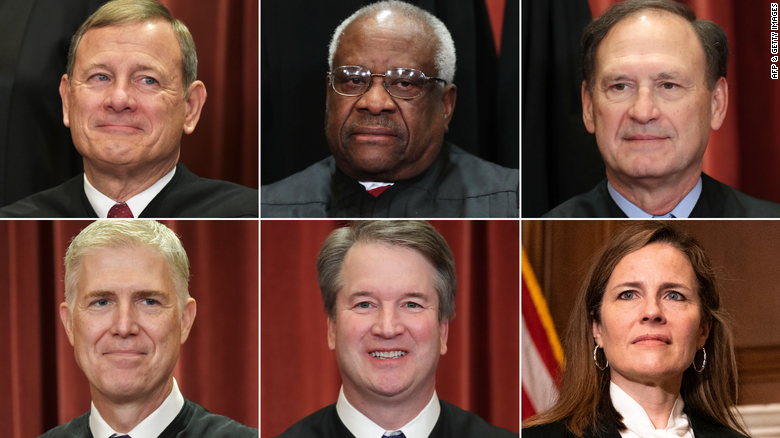 Amid the wave of excitement among conservative organizers over the prospect of reversing access to abortion for the first time in nearly 50 years -- since Roe v. Wade affirmed a constitutional right to the procedure in 1973 -- there are growing fears about how the conservative legal movement will fare if its own appointees on the bench stop short of dismantling the landmark abortion ruling.
Amid the wave of excitement among conservative organizers over the prospect of reversing access to abortion for the first time in nearly 50 years -- since Roe v. Wade affirmed a constitutional right to the procedure in 1973 -- there are growing fears about how the conservative legal movement will fare if its own appointees on the bench stop short of dismantling the landmark abortion ruling.
"There are a lot of conservatives who will wash their hands of the whole enterprise if conservatives don't come out the right way on these cases," said Mike Davis, a Senate Judiciary Committee aide who founded the Article III Project, a conservative judicial advocacy group.
The mounting concerns among social conservative stakeholders and anti-abortion activists -- which come as two abortion-related cases are set to be decided by the Supreme Court in the coming months -- stem from a series of episodes where Republican-appointed justices have sided with their liberal counterparts in cases involving LGBTQ rights, the Affordable Care Act and religious liberty -- blindsiding conservative groups that helped shepherd them through the Senate confirmation process and sparking tense debates inside the conservative movement over the vetting process of nominees.
